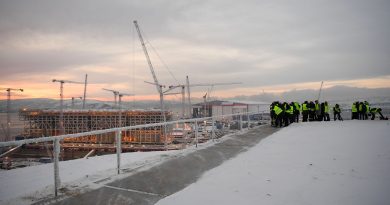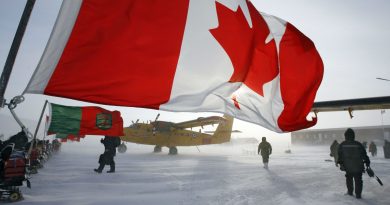Inuit region of Arctic Quebec lifts quarantine requirement for fully vaccinated residents travelling to region
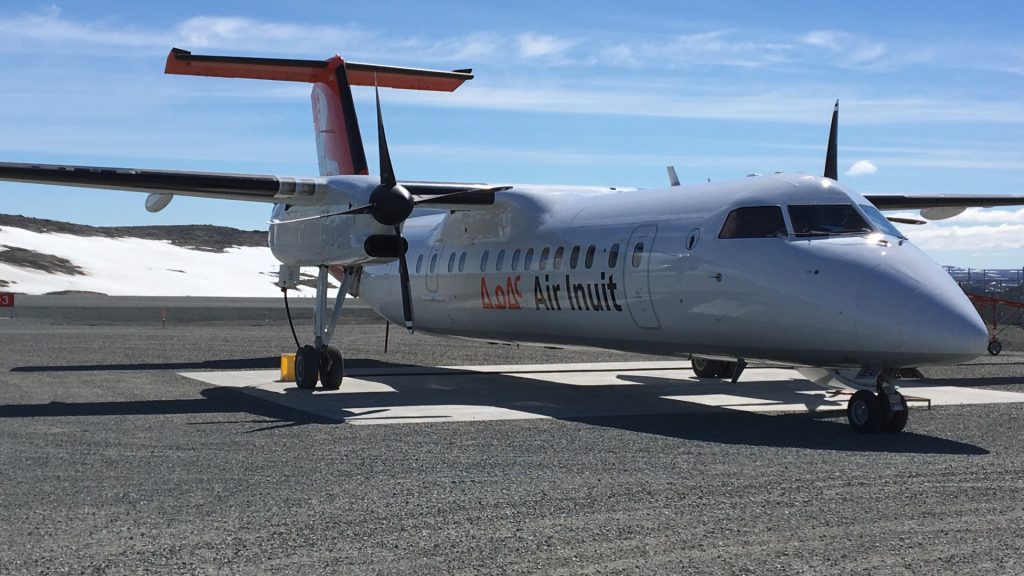
Nunavik, the Inuit region of Arctic Quebec, has lifted the quarantine requirement for fully vaccinated residents as of June 14.
“Given the very much improving situation in the South of Quebec and the vaccine being available in Nunavik, we believe that restrictions on travels, such as quarantine, can be lifted for people fully protected against COVID-19,” the Nunavik Regional Board of Health and Social Services said in a Facebook post on Monday.
The lifting of the quarantine rule applies to Nunavik beneficiaries, residents and essential workers only. Tourists and visitors are still restricted from travelling to the region.
For Nunavik residents who have not completed a two-dose vaccination course, or who have not been vaccinated at all, quarantine time has been reduced from 14 days to 10 days.
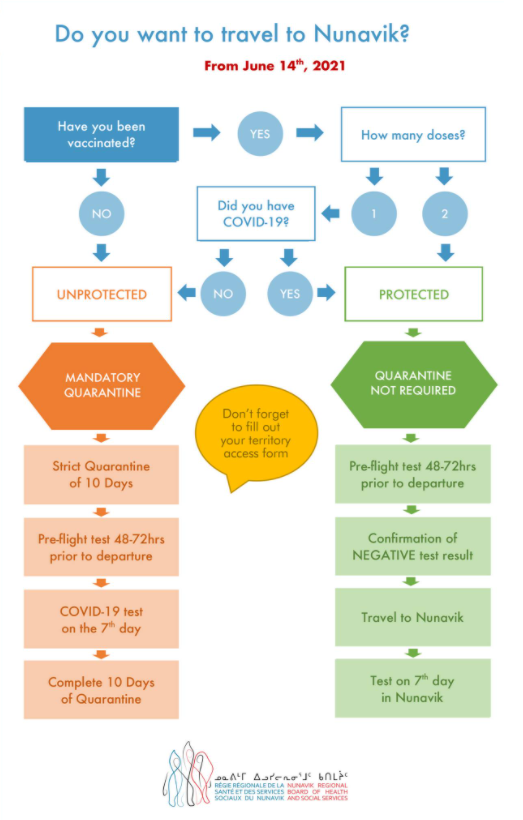
Testing rules still in place
Nunavik has a population of approximately 13,000 people, with 14 communities in the region. All the communities are fly-in only.
Pre-flight testing requirements remain in place whether Nunavik residents are fully vaccinated or not.
A pre-departure test must be taken 48 to 72 hours before the flight, with a second COVID-19 test taken 7 days after arrival.
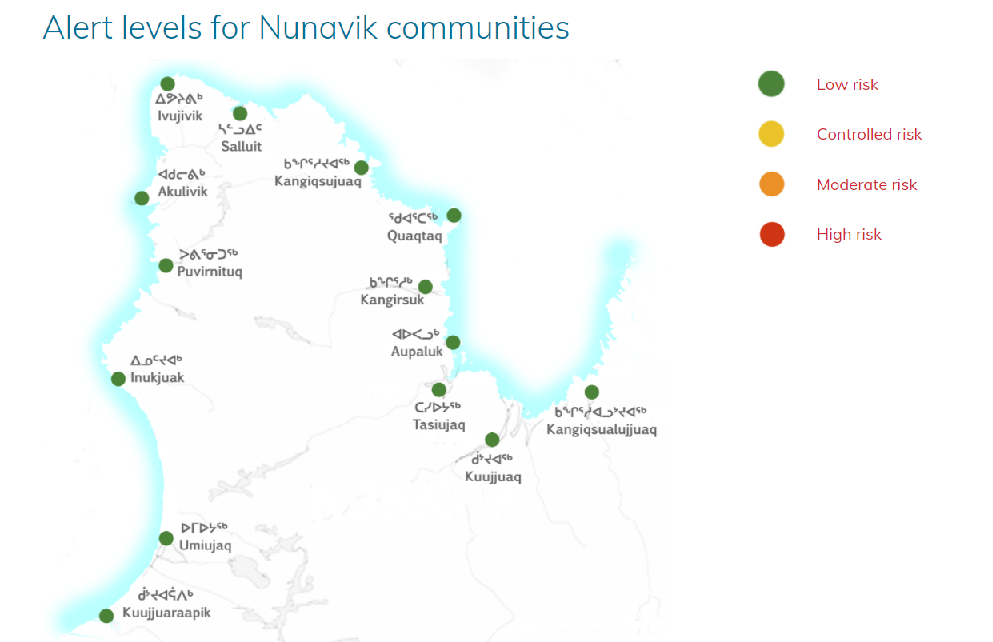
Quebec goes yellow
As of Monday, most of the province of Quebec has been designated either a green zone or a yellow zone, the two lowest COVID-19 alert levels.
Write to Eilís Quinn at eilis.quinn(at)cbc.ca
Related stories from around the North:
Canada: COVID-19 outbreak declared in capital of Canada’s northwestern Yukon territory, CBC News
Finland: Finland implements mandatory COVID-19 testing at all Lapland border crossings, Yle News
Iceland: Iceland to ease group limits, social distancing rules on June 15, Eye on the Arctic
Norway: Norwegians with holiday homes in Sweden lose court case, Radio Sweden
Russia: COVID-19 infections are increasing in Russia’s Northwest, The Independent Barents Observer
Sweden: At least 16,000 in Sweden have long COVID, Radio Sweden


